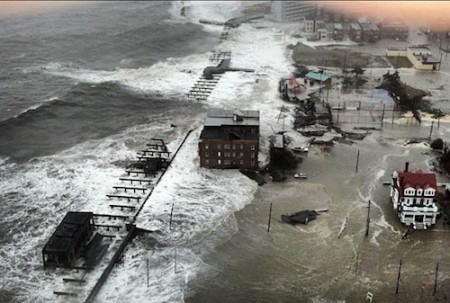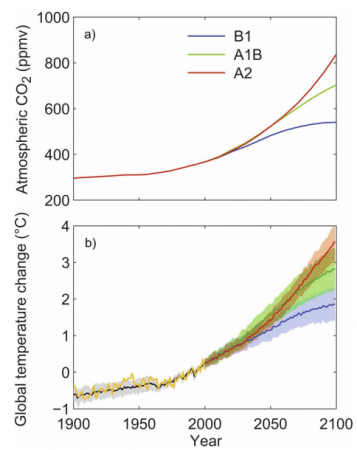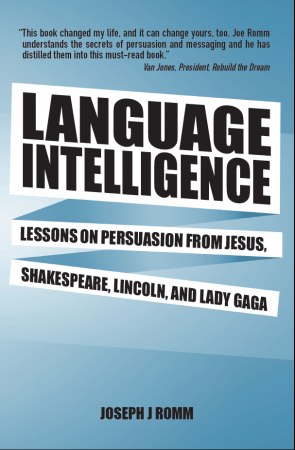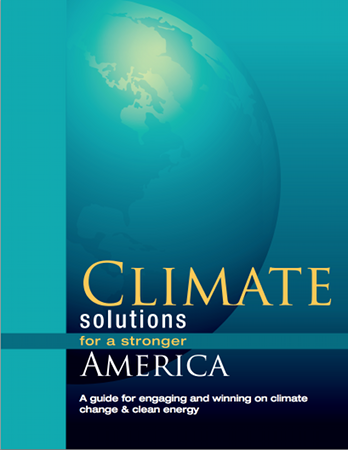Grantham’s Nature Op-ed: Be Brave
Tuesday, November 20th, 2012Jeremy Grantham is not a scientist. From his Wikipedia intro:
Jeremy Grantham is a British investor and Co-founder and Chief Investment Strategist of Grantham Mayo Van Otterloo (GMO), a Boston-based asset management firm. GMO is one of the largest managers of such funds in the world, having more than US $97 billion in assets under management as of December 2011. Grantham is regarded as a highly knowledgeable investor in various stock, bond, and commodity markets, and is particularly noted for his prediction of various bubbles.
So: He’s a sharp business dude who has repeatedly demonstrated an ability to correctly identify when society is failing to properly process information about an impending crisis. Which makes his recent op-ed in Nature magazine worth reading: Be persuasive. Be brave. Be arrested (if necessary).
I have yet to meet a climate scientist who does not believe that global warming is a worse problem than they thought a few years ago. The seriousness of this change is not appreciated by politicians and the public. The scientific world carefully measures the speed with which we approach the cliff and will, no doubt, carefully measure our rate of fall. But it is not doing enough to stop it. I am a specialist in investment bubbles, not climate science. But the effects of climate change can only exacerbate the ecological trouble I see reflected in the financial markets — soaring commodity prices and impending shortages.
[snip]
President Barack Obama missed the chance of a lifetime to get a climate bill passed, and his great environmental and energy scientists John Holdren and Steven Chu went missing in action. Scientists are understandably protective of the dignity of science and are horrified by publicity and overstatement. These fears, unfortunately, are not shared by their opponents, which makes for a rather painful one-sided battle. Overstatement may generally be dangerous in science (it certainly is for careers) but for climate change, uniquely, understatement is even riskier and therefore, arguably, unethical.
It is crucial that scientists take more career risks and sound a more realistic, more desperate, note on the global-warming problem. Younger scientists are obsessed by thoughts of tenure, so it is probably up to older, senior and retired scientists to do the heavy lifting. Be arrested if necessary. This is not only the crisis of your lives — it is also the crisis of our species’ existence. I implore you to be brave.
The rest of it is worth reading, too.




